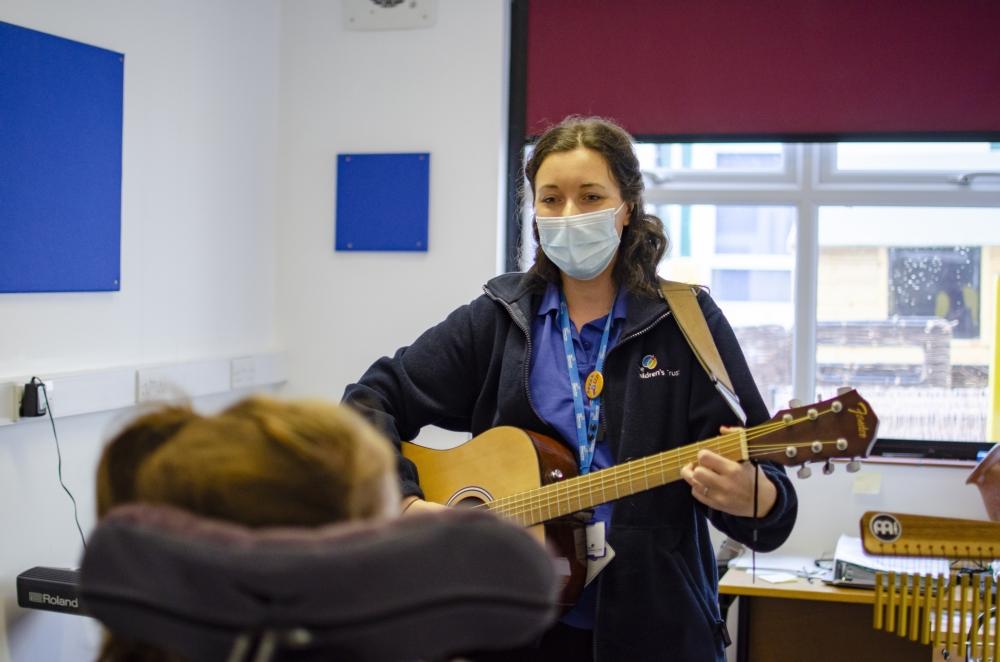
World Music Therapy Week
Published on: 13/04/23
This week (10 – 15 April) marks World Music Therapy Week. We have taken this opportunity to shine a light on what music therapy looks like here at The Children’s Trust.
‘Music Therapy is an established psychological clinical intervention, delivered by Health and Care Professions Council registered music therapists to help people whose lives have been affected by injury, illness or disability.’ British Association of Music Therapists, 2023.
Here at The Children’s Trust School, our team of music therapists use music as the primary tool to connect and communicate with children and young people with neurodisabilities.
Personalised music therapy
Pupils at The Children’s Trust School have access to weekly individual music therapy. The sessions are person-centred and tailored to the individual. The therapist will use a variety of interventions depending on the needs of the pupil and how they present in the session. These could include structured songs, singing and vocal work, interactive musical play, musical listening and reflecting mood through music.
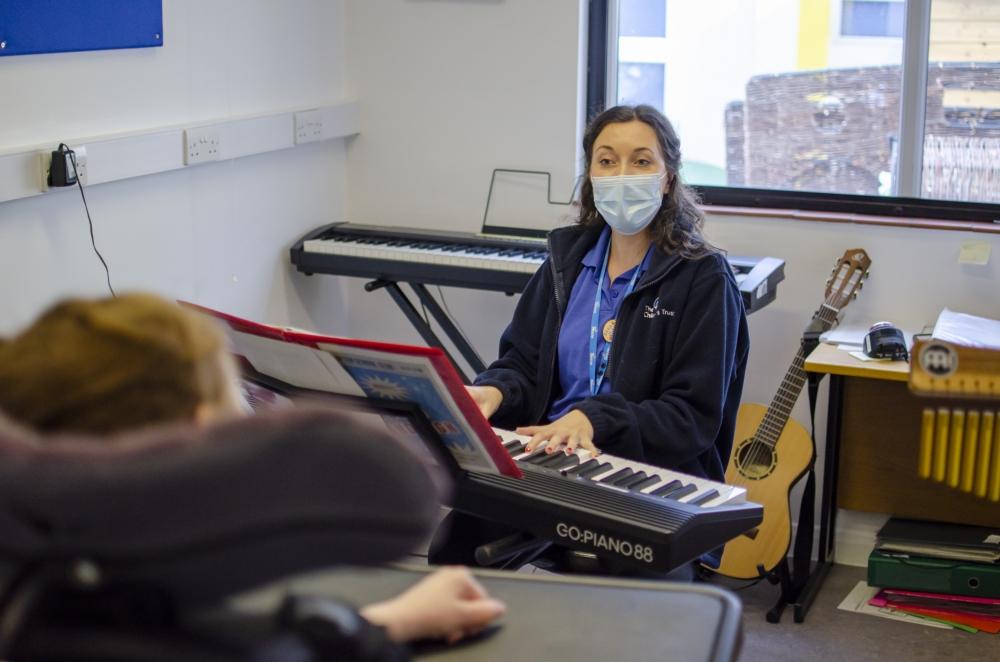
Group music therapy
Our music therapists also hold group sessions, which give the young people the opportunity to interact with peers outside of their class group and work on their collective aims. Sessions are tailored to the group and their needs, and may include musical improvisation, song writing and recording, intensive interaction techniques and developing playlists.
As part of our school enrichment programme, the team offer weekly music therapy groups during the school holidays. These differ from the term-time groups. They are often larger in size, with pupils attending in their residential house groups, and themed according to the enrichment programme on offer.
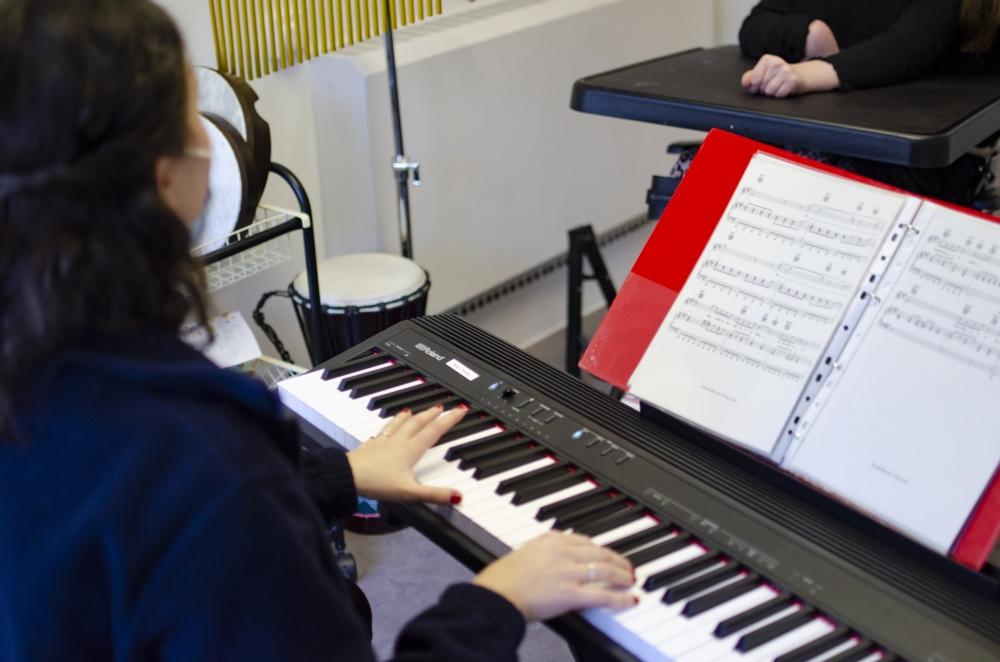
The pupils also take part in an after-school ‘sing and sign’ club during term-time, alongside staff from across The Children’s Trust. This is a chance to get together, meet new people and learn something new.
Enriching lives
Musical interaction can help us to feel heard and understood.
Music therapy sessions focus on therapeutic aims rather than musical ones. Music therapy can help individuals build self-esteem, develop self-expression (particularly important for those who struggle to express themselves verbally), support self-regulation, develop understanding and cope with feelings. It can also help the development of fine and gross motor skills.
It can also help build and maintain relationships in a group setting by initiating and maintaining exchanges with others, developing and awareness of self and others, and developing levels of curiosity and creative expression.
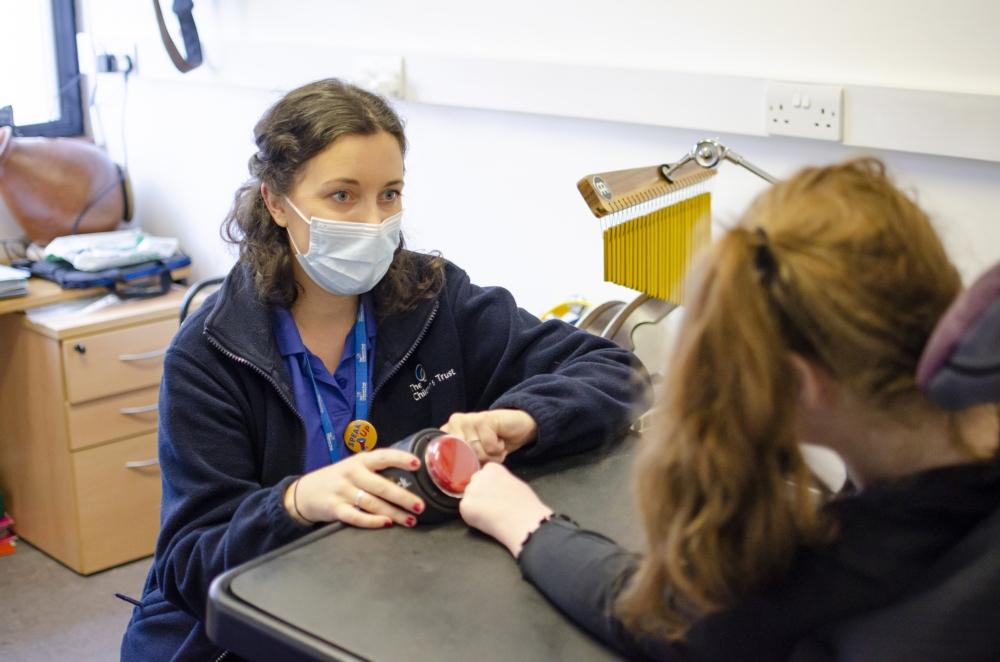
Part of a team
Music therapists are Allied Healthcare Professionals and work closely with speech and language therapy, occupational therapy and physiotherapy teams to support the young people here at the Children’s Trust.
“It is well documented that music is the foundation of communication and crosses all barriers. At The Children’s Trust, the music therapists and the speech and language therapists work collaboratively to provide the children and young people we support with opportunities to communicate, develop self-expression, and social interaction skills.” Sandra Ferne, Speech and Language Therapist, The Children’s Trust.
“Music therapy can help occupational therapists to explore music to help manage their regulation, which can then be incorporated as part of their regulation strategies, to help keep them feeling safe and happy throughout their day. We will work together to help support the young people to best access the instruments, independently and with assistance. Working collaboratively with the music therapists is incredibly valuable.” Mandie Geddes, Occupational Therapist, The Children’s Trust.
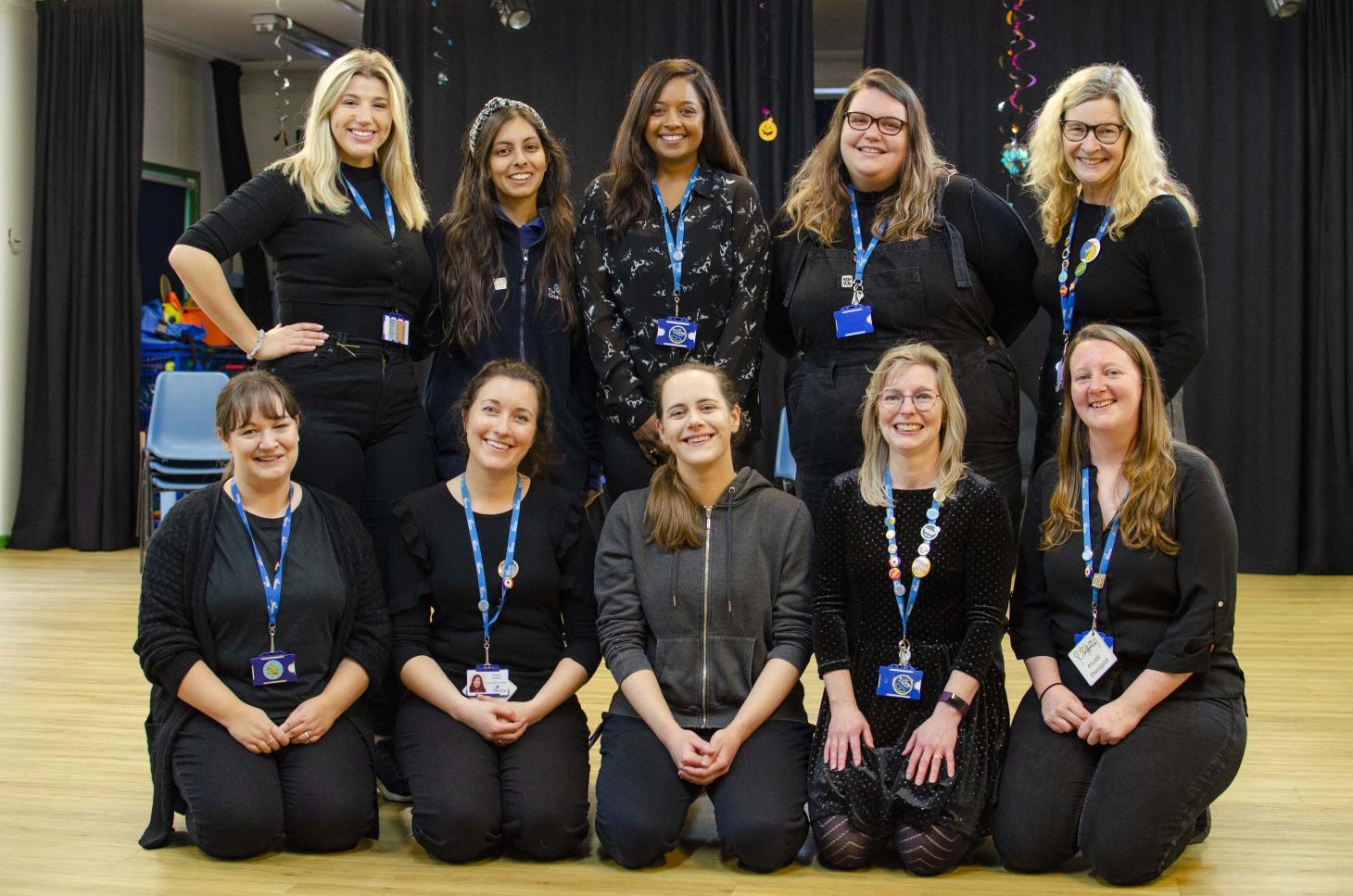
A rewarding career
“Being a music therapist is a very rewarding profession. Everyone has an innate musicality from the moment we are born, which makes it a medium that everyone can relate to on some level.
“As music therapists we are proud to work with many inspirational people at The Children’s Trust. It makes us proud to see the positive changes music therapy has on wellbeing, knowing that we have helped to support that young person on their journey.” Sophie Dawson, Music Therapist, The Children’s Trust.
